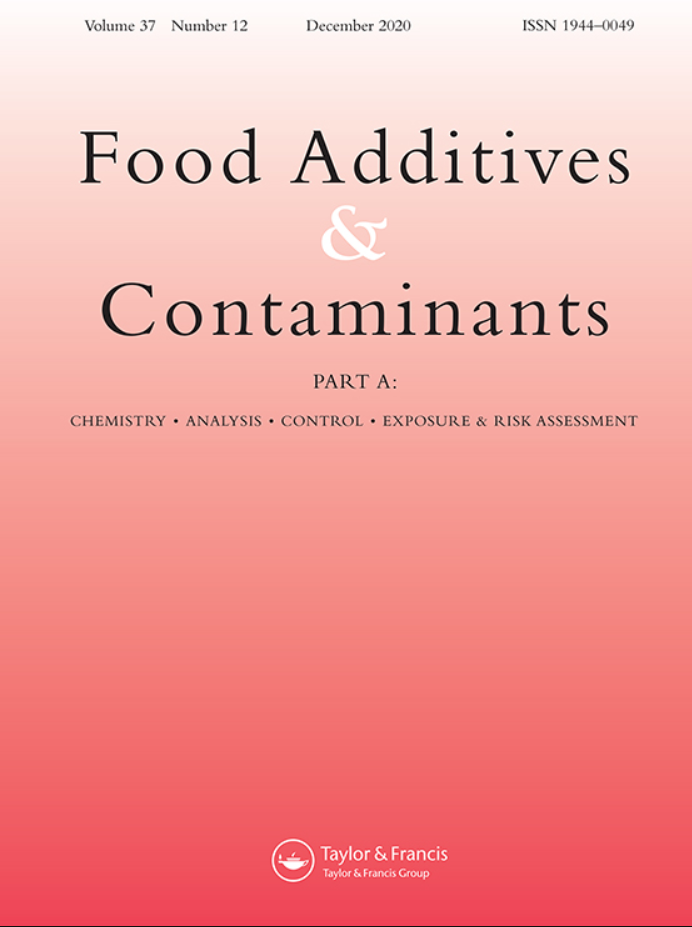Publication Highlights
Adulteration of bee pollen, Royal jelly and propolis
Bee products other than honey are prized for their health-care and medicinal benefits, but their high value and being in short supply means they are subject to deliberate adulteration. A recent article in Food Additives & Contaminants by Ziying Wang and co-workers provides new insights into this area of food fraud. Royal jelly has been reported to have been adulterated with natural yoghurt, water, egg white, starch corn slurry, drone brood, or a mixture of sweet condensed milk with propolis and unripe banana. Bee pollen has been adulterated with dyed starch or sand stone, whilst a common way to adulterate propolis has been with the extract of buds from the poplar tree. Whilst some of this adulteration seems crude, on the other hand where chemical markers are used to assess quality and authenticity, there is evidence for example in Royal jelly of synthesized markers being deliberately added. Fortunately analytical techniques are also becoming sophisticated and being more widely employed to detect economic fraud in this area including deliberate mislabelling.

